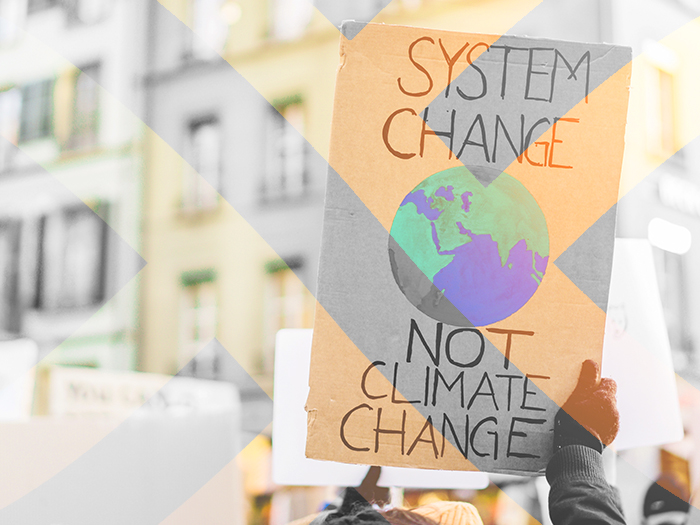Insights
better business decisions
Posted 3 years ago | 2 minute read

Australia tables Climate Change Bill 2022
Minister for climate change and energy Chris Bowen has introduced into the Commonwealth Parliament the Climate Change Bill 2022, designed to translate Australia’s latest emissions reduction targets into domestic law.
The Bill entrenches in legislation Australia’s emissions reduction ambition – known under the Paris Agreement as its Nationally Determined Contribution (NDC) – to achieve net zero emissions by 2050, and a new, increased, 2030 target of 43% below 2005 levels by 2030.
The Bill:
- makes a reduction of emissions of at least 43% by 2030 and net zero by 2050 legally binding
- establishes the Climate Change Authority, which will provide advice in relation to the annual statements and on greenhouse gas emission reduction targets, including Australia’s next target under the Paris Agreement, for 2035
- mandates for an annual climate change statement by the minister to parliament detailing progress towards those commitments
- It would also require some key government agencies to consider these targets in their work
In introducing the Bill to the House of Representatives on 27 July Bowen MP – cited one of the key messages in the third part of the IPPC AR6 report: “that climate laws enable mitigation action by signalling the direction of travel, setting targets, policies, enhancing regulatory certainty, creating focal points for social mobilisation and attracting international finance.”
The provisions of the Bill will be effective one day after the Act receives royal assent.
GridBeyond managing director Mark Davis said:
“While this Bill is a significant step forward, it contains no mechanism to cut greenhouse gas emissions and no funding to drive change. Parliament must ensure that this Bill sets a floor for action and does not create any obstacles to Australia acting faster and going further that the targets presented.”

Building Net Zero
The path to net zero starts with accurate carbon accounting. But evaluating your performance can be challenging owing to the complexity of collecting and reporting on emissions data from multiple sources and changing standards for disclosures.
Learn more





